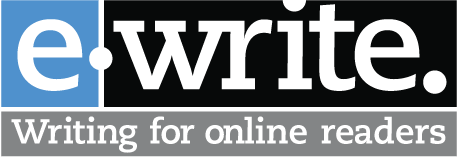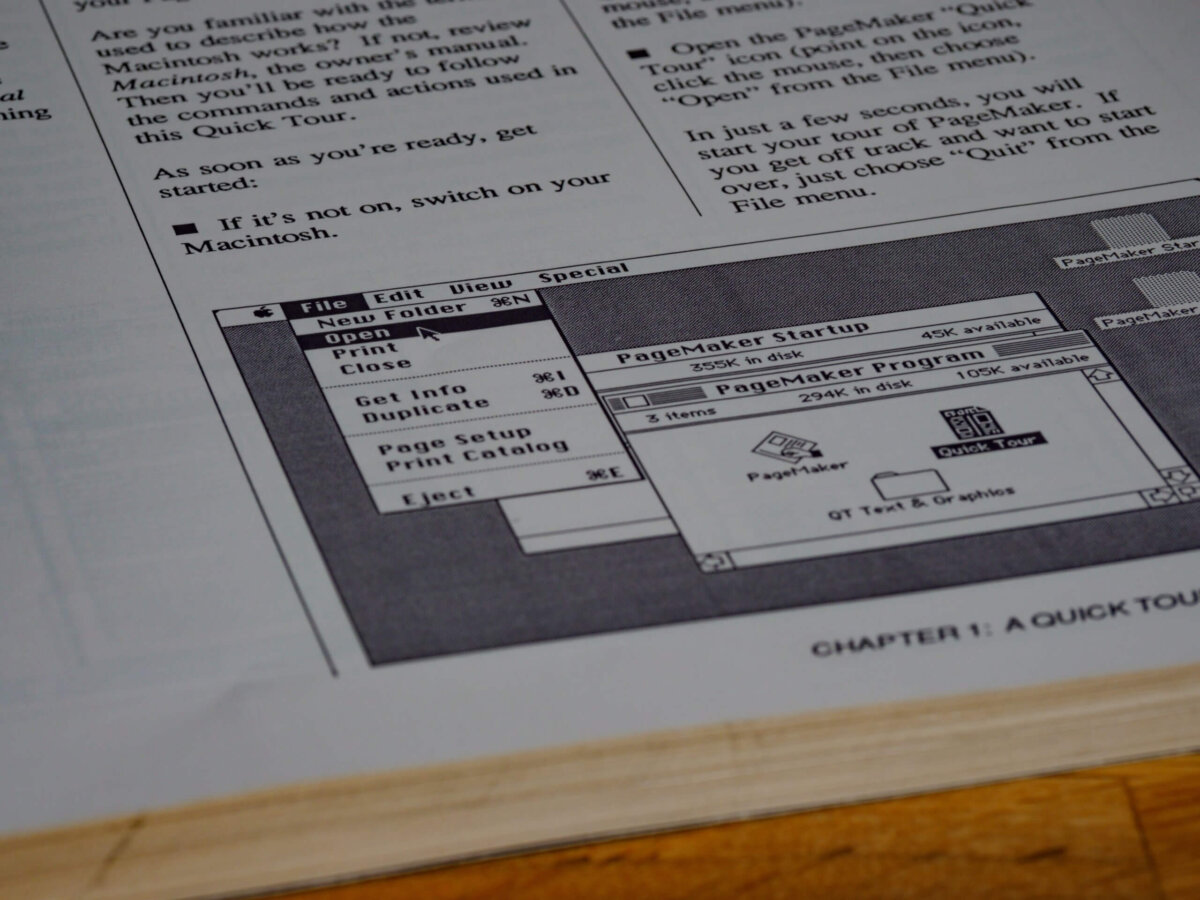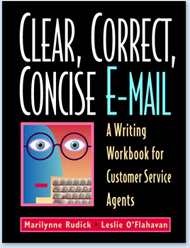And with those stirring words, Annetta Cheek, chair of the Center for Plain Language, kicked off last week’s 2009 Plain Language Symposium. And the stirring words about the need for clarity in writing continued throughout the event. Here are some of my favorite quotable quotes from the Symposium:
- “Don’t make readers wander through the crap in your mind,” advised Karl Gude (currently an instructor at Michigan State’s University School of Journalism, formerly Newsweek‘s graphics director) during his talk “Understanding through visualization.”
- “If you can’t explain it simply, you don’t understand it well enough,” said Albert Einstein who wasn’t actually at the Symposium but was quoted several times by presenters.
- The absence of plain language “…keeps citizens from getting the government benefits and services they’re entitled to,” said Congressman Bruce Braley (D. Iowa), sponsor of The Plain Language Act of 2009. Braley cited the hot-off-the-press Washington Post article, “Time for a plain language revolution,” which leads with a pretty good line of its own: “Sometimes Uncle Sam sounds like he has marbles in his mouth.”
- “Some people think clear and conspicuous is just a pair of desperate modifiers in search of a noun,” said Karen Schriver of KSA Communication Design & Research during her talk “Clear and conspicuous: Designing content visually.”
From Ginny Redish of Redish & Associates, a wonderful download instead of a quotable quote. Ginny’s excellent Symposium presentation, “Plain language makes a difference when people vote,” summarized the results of the usability research she’s done for the National Institute of Standards and Technology (NIST) related to the 2002 Help America Vote Act. You can download the report she prepared for NIST: “Review of the gap between instructions for voting and best practice in providing instructions.” “But I don’t need to know how to write instructions for voting,” you might argue. Download Ginny’s research report anyway:
- it’s loaded with common sense, research-tested advice about how to write usable instructions
- it’s illustrated with examples of how the instructions should be written
- you can use it as a model document which demonstrates how to write about research in clear, engaging, plain language
I attended the Center for Plain Language’s Symposium last year and provided links to some of the 2008 presentations. As soon as this year’s presentations are available, I’ll let you know.
Tags: Plain language






0 Comments